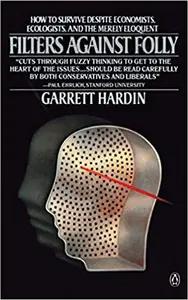Filters Against Folly
By Garrett Hardin
Category
EconomicsRecommended by
"Filters Against Folly" by Garrett Hardin serves as a thought-provoking and logically constructed guide to navigate the complexities of decision-making in the face of human folly. Drawing upon various disciplines and real-world examples, Hardin showcases the importance of using effective filters to protect society from the consequences of misguided actions.
In this book, Hardin examines the limitations of human reasoning and highlights the various cognitive biases that hinder sound decision-making. He establishes the idea that individuals, institutions, and societies must adopt filters to sift through information, evaluate evidence, and challenge assumptions. These filters aid in distinguishing between factual data and misleading rhetoric, enabling us to make more informed choices.
Hardin delves into the role of intellectual integrity and skepticism in developing effective filters. He argues that critical thinking, coupled with a healthy dose of humility, is crucial for avoiding intellectual traps and promoting intellectual honesty. By cultivating these traits, we can better discern between facts and opinions, preventing ourselves from falling prey to fallacious arguments and deceitful ideologies.
Furthermore, Hardin explores the ethical dimensions of decision-making. He implores readers to consider the long-term consequences of their actions, actively promoting a sense of responsibility towards future generations. By incorporating ethical filters into the decision-making process, individuals can ensure that their choices align with broader societal values and do not inflict undue harm upon others.
Throughout "Filters Against Folly," Hardin uses captivating anecdotes and case studies to illustrate the real-world implications of faulty filtering systems. He highlights instances where the absence of effective filters has led to disastrous outcomes, reinforcing the urgency of addressing the issue of human folly in decision-making.
In a world characterized by information overload and rampant misinformation, "Filters Against Folly" offers a pragmatic approach to improving decision quality. By implementing robust and reliable filters, both at the individual and societal level, we can navigate the complexities of our world with greater clarity, foster collective progress, and avoid the pitfalls of human folly.
In this book, Hardin examines the limitations of human reasoning and highlights the various cognitive biases that hinder sound decision-making. He establishes the idea that individuals, institutions, and societies must adopt filters to sift through information, evaluate evidence, and challenge assumptions. These filters aid in distinguishing between factual data and misleading rhetoric, enabling us to make more informed choices.
Hardin delves into the role of intellectual integrity and skepticism in developing effective filters. He argues that critical thinking, coupled with a healthy dose of humility, is crucial for avoiding intellectual traps and promoting intellectual honesty. By cultivating these traits, we can better discern between facts and opinions, preventing ourselves from falling prey to fallacious arguments and deceitful ideologies.
Furthermore, Hardin explores the ethical dimensions of decision-making. He implores readers to consider the long-term consequences of their actions, actively promoting a sense of responsibility towards future generations. By incorporating ethical filters into the decision-making process, individuals can ensure that their choices align with broader societal values and do not inflict undue harm upon others.
Throughout "Filters Against Folly," Hardin uses captivating anecdotes and case studies to illustrate the real-world implications of faulty filtering systems. He highlights instances where the absence of effective filters has led to disastrous outcomes, reinforcing the urgency of addressing the issue of human folly in decision-making.
In a world characterized by information overload and rampant misinformation, "Filters Against Folly" offers a pragmatic approach to improving decision quality. By implementing robust and reliable filters, both at the individual and societal level, we can navigate the complexities of our world with greater clarity, foster collective progress, and avoid the pitfalls of human folly.
Share This Book 📚
More Books in Economics
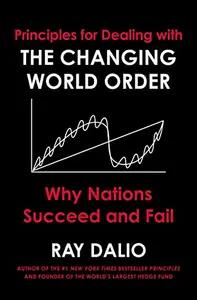
Principles for Dealing With The Changing World Order
Ray Dalio
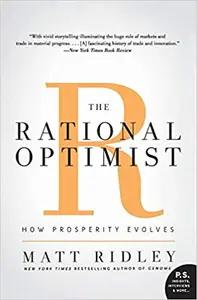
The Rational Optimist
Matt Ridley
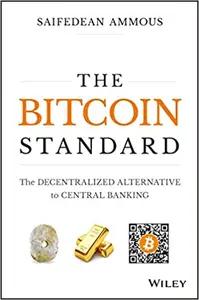
The Bitcoin Standard
Saifedean Ammous
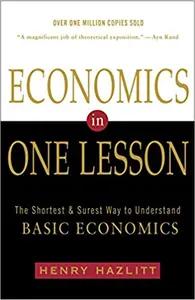
Economics in One Lesson
Henry Hazlitt
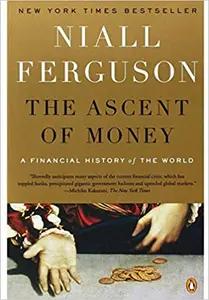
The Ascent of Money
Niall Ferguson
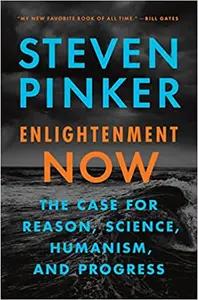
Enlightenment Now
Steven Pinker
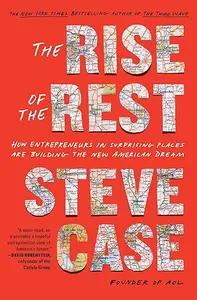
The Rise of the Rest
Steve Case
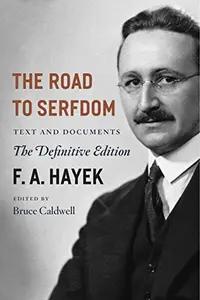
The Road to Serfdom
F.A. Hayek
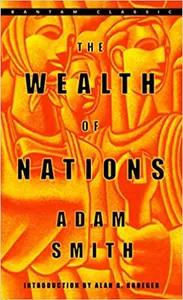
The Wealth of Nations
Adam Smith
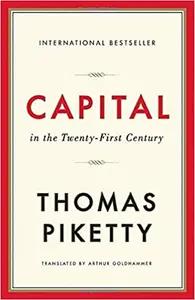
Capital In The 21st Century
Thomas Piketty
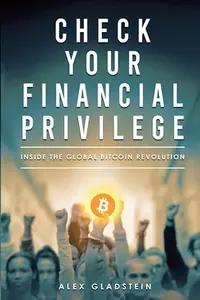
Check Your Financial Privilege
Alex Gladstein
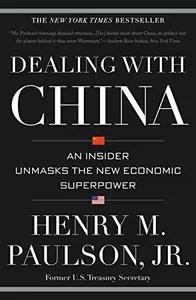
Dealing with China
Henry Paulson
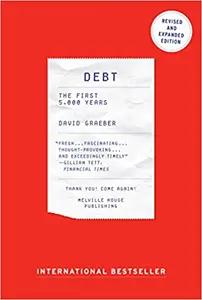
Debt
David Graeber
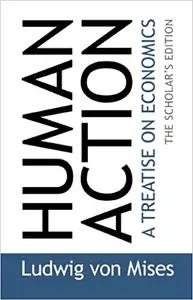
Human Action
Ludwig Von Mises
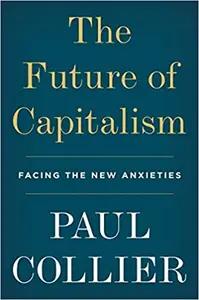
The Future of Capitalism
Paul Collier
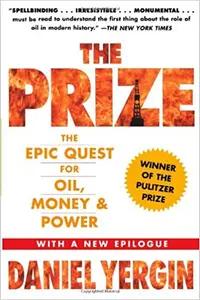
The Prize
Daniel Yergin
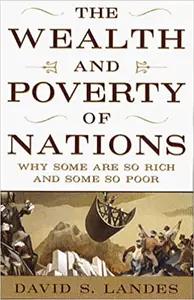
The Wealth and Poverty of Nations
David Landes
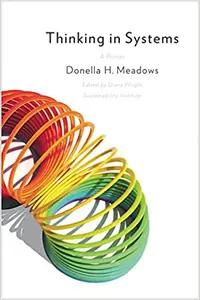
Thinking In Systems
Donella H. Meadows
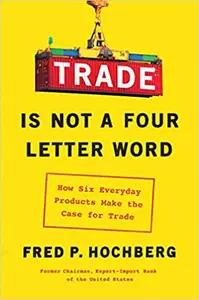
Trade Is Not A Four Letter Word
Fred Hochberg
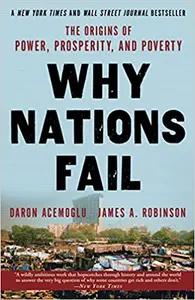
Why Nations Fail
Daron Acemoglu
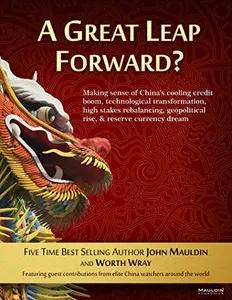
A Great Leap Forward?
John Mauldin & Worth Wray
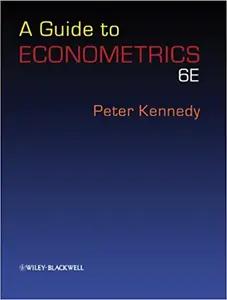
A Guide To Econometrics
Peter E. Kennedy
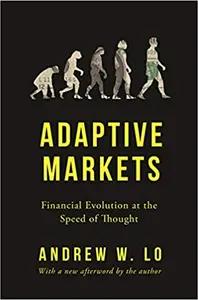
Adaptive Markets
Andrew Lo
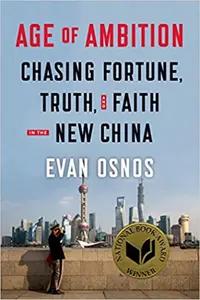
Age Of Ambition
Evan Osnos

An Apology for the Builder
Nicholas Barbon
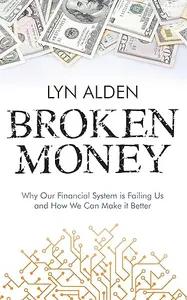
Broken Money
Lyn Alden
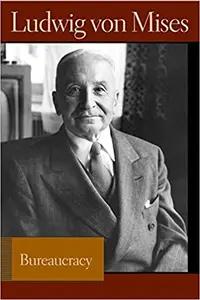
Bureaucracy
Ludwig Von Mises
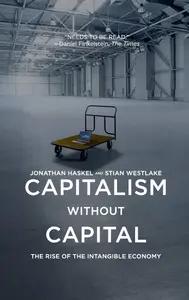
Capitalism Without Capital
Jonathan Haskel & Stian Westlake
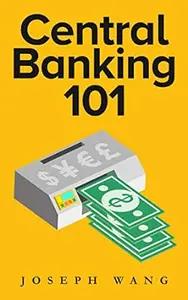
Central Banking 101
Joseph Wang
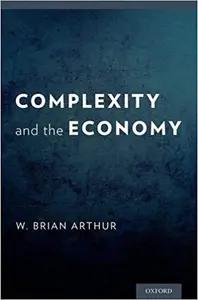
Complexity and the Economy
W. Brian Arthur
Popular Books Recommended by Great Minds 📚
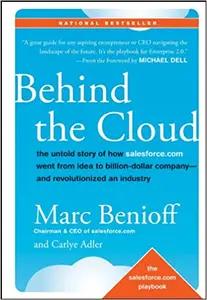
Behind the Cloud
Marc Benioff
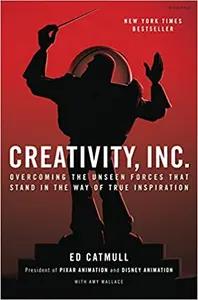
Creativity, Inc.
Ed Catmull
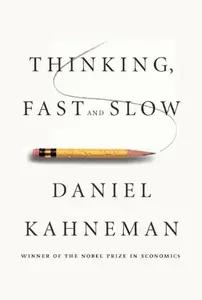
Thinking, Fast and Slow
Daniel Kahneman
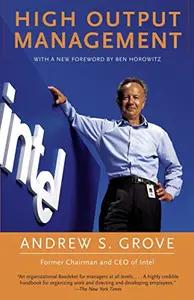
High Output Management
Andrew Grove
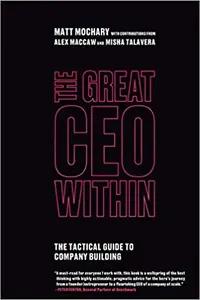
The Great CEO Within
Matt Mochary
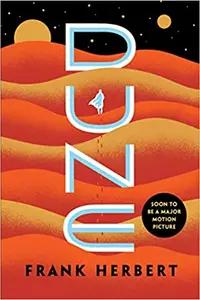
Dune
Frank Herbert
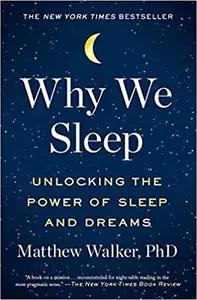
Why We Sleep
Matthew Walker
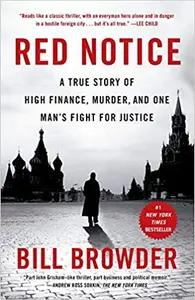
Red Notice
Bill Browder
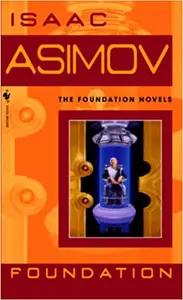
Foundation
Isaac Asimov

Principles for Dealing With The Changing World Order
Ray Dalio
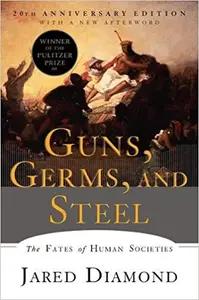
Guns, Germs, and Steel
Jared Diamond
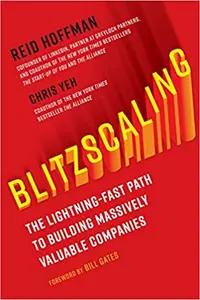
Blitzscaling
Reid Hoffman
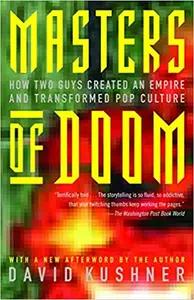
Masters of Doom
David Kushner
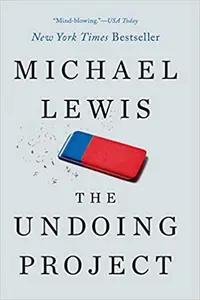
The Undoing Project
Michael Lewis
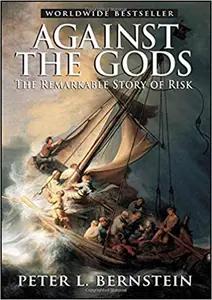
Against The Gods
Peter Bernstein
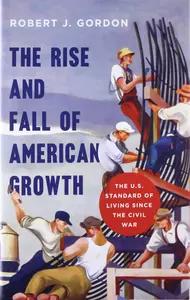
The Rise And Fall Of American Growth
Robert J. Gordon
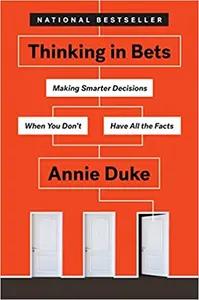
Thinking In Bets
Annie Duke
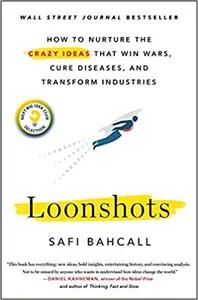
Loonshots
Safi Bahcall
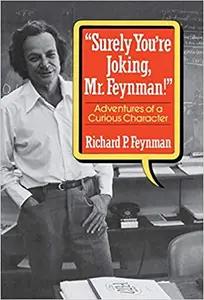
Surely You're Joking Mr. Feynman
Richard Feynman
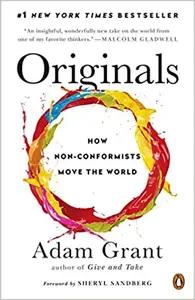
Originals
Adam Grant
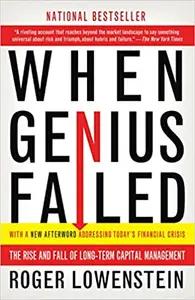
When Genius Failed
Roger Lowenstein
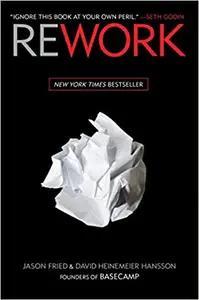
Rework
Jason Fried
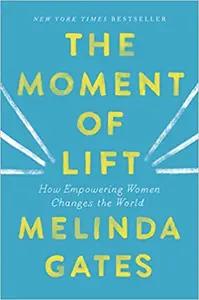
The Moment of Lift
Melinda Gates
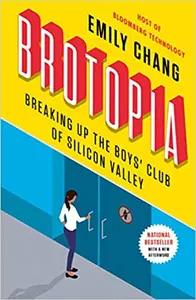
Brotopia
Emily Chang
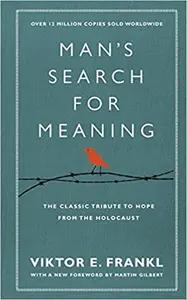
Man's Search for Meaning
Viktor Frankl
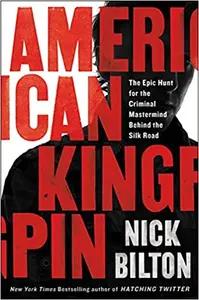
American Kingpin
Nick Bilton
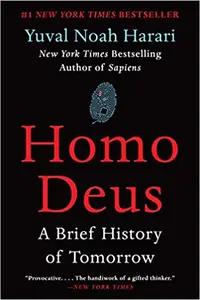
Homo Deus
Yuval Noah Harari

The Bitcoin Standard
Saifedean Ammous
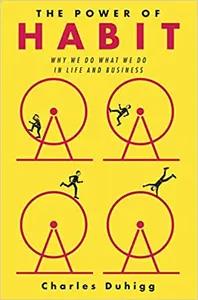
The Power of Habit
Charles Duhigg
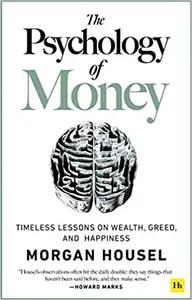
The Psychology of Money
Morgan Housel
